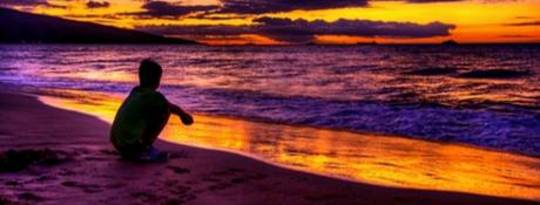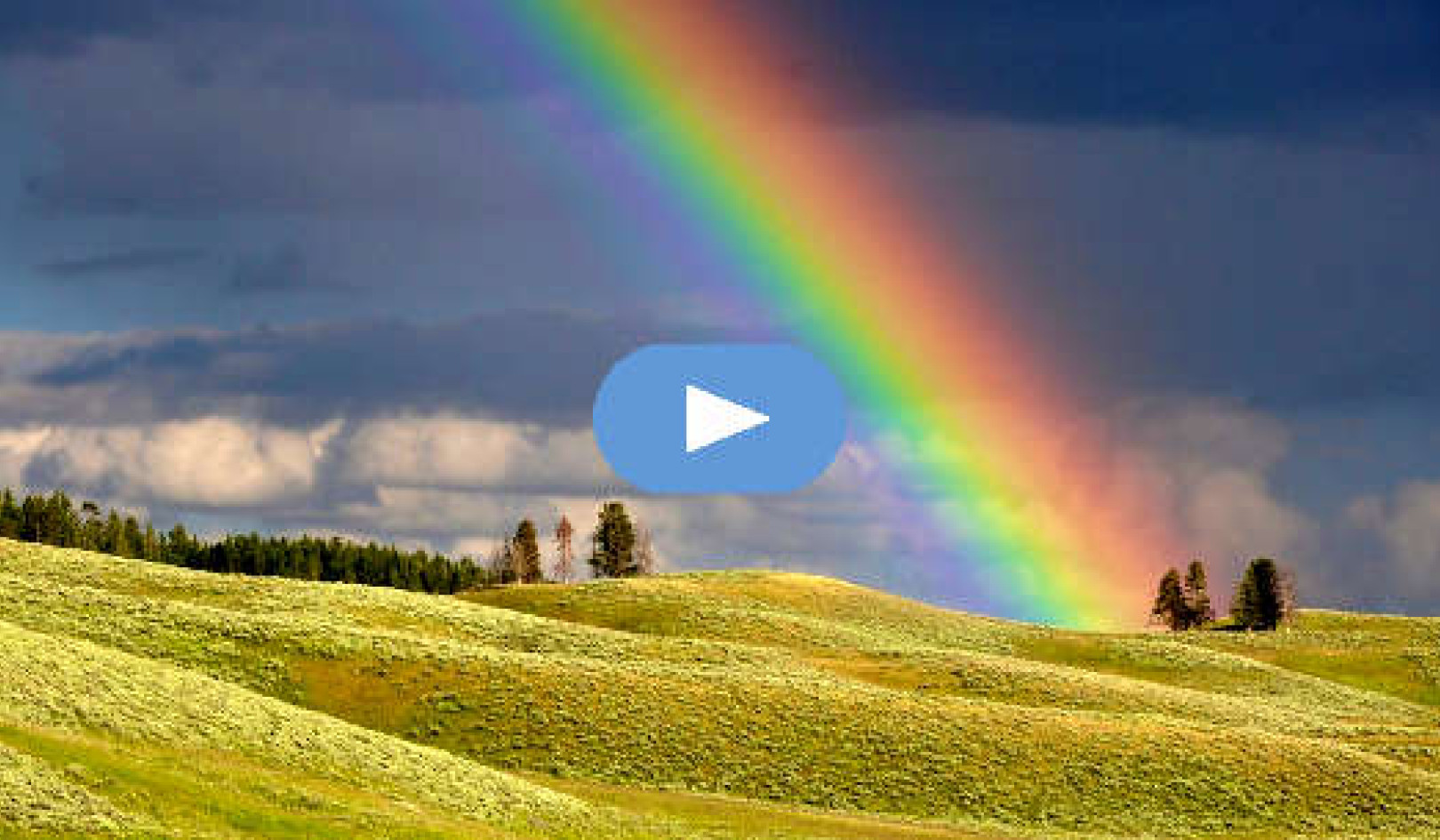
We can all choose to refuse to acknowledge fate or destiny. We all have the choice to refuse to act from our own best and most vital center.
In one of my workshops was a man who had just retired at 70. He had been an engineer, and he said to me that he’d always wanted to write poetry, but he hadn’t done so since he was 22 years old. Now he wanted to start.
In the intervening years he’d written hardly a line and he’d read even less. He loved words; that was clear. It was also clear that he’d chosen the safe life of a good job and regular raises rather than the unsafe way of actually pursuing the activity he loved.
This failure to act is all the more surprising because the Universe has a way of sending us the same lessons over and over until we get them right. So one could say that these opportunities never fade. To take just one example, any parent knows that if you don’t set up a few basic understandings when the child is very small, then the resultant confusion in the child’s mind simply breaks out more powerfully when the child gets older. So then you have another opportunity to set the necessary boundaries. And if that doesn’t happen, then the child pushes the limits and you get another opportunity.
Repeated Opportunities for Change
In these instances, we could say that the world has provided plentiful and repeated opportunities for change. In exactly the same way, we often receive the heart message as to who we are when we are very young. We know we love drawing or painting or reading or sports from a very young age, and we set off down that path not knowing quite where it may lead us, but we go along and explore happily.
If that ambition does not motivate us, it may call to us again at a later age, and until we are about 15 or 16 years old we’ll find it easy enough to respond. But after that age things become a little more complicated. We may have friends who expect us to be a certain sort of person, and taking a different course of action can feel lonely and isolated.
As we grow older, we have a job and a boy/girlfriend or a spouse and then there are children and a career, and with each passing year it feels harder to break away and be ourselves. We wind up accepting what others think we should be because our confidence in our own self-determination has been eroded.
Becoming Our Own Jailers
When that happens, we’re caught, or put more precisely, we’ve trapped ourselves. When we become our own jailers, it’s very hard to get free again. The first process, the life of the unruly child, is essentially not fully conscious. The child is rarely happy running out of control, but has no sense of being able to do much about it. This second process is, by contrast, one in which we do have choices, but our conscious awareness of what the world expects of us overrides who we truly are.
Again, it’s a knife edge. We need some parental direction when we’re young so our ego does not run out of control. And when we’re a little older, we need less control from our ego or from others and more of a sense of what we love to do most. This comes from the heart, but we also need the ego to help us balance our lives so that we can do what we wish, so that we can fulfill our destiny.
Missed Opportunity for Learning
 The refusal of flow — the missed opportunity for learning — is often easily noticed by those on the outside, while the person who has missed the chance cannot see it at all. Here’s a recent example. A student of mine came to see me in tears one day and told me she had been beaten by her boyfriend. We had a long talk, and I advised her to never see this person again and to keep in touch with me so we could see how she was doing.
The refusal of flow — the missed opportunity for learning — is often easily noticed by those on the outside, while the person who has missed the chance cannot see it at all. Here’s a recent example. A student of mine came to see me in tears one day and told me she had been beaten by her boyfriend. We had a long talk, and I advised her to never see this person again and to keep in touch with me so we could see how she was doing.
The very next day she sent me an e-mail to say she wouldn’t be in the next class. As it happened, that day an unexpected opportunity arose when a woman from one of my other classes came to address us about abusive relationships, of which she herself was a survivor. It was an intensely moving presentation, and I wished with all my heart that the young woman who was supposed to be there, who was facing this exact problem, could have taken her courage and attended the class. Instead she was at home, sobbing, and making plans to visit her abuser again.
Synchronous Events and Opportunities
I cannot begin to count the times this sort of thing has happened. Synchronous events are all around us, but we have to open our hearts to what is going on and take the risk of being vulnerable rather than hiding away.
Opening the heart is another way of saying that we need to operate from a place that is not ego-based; and feeling like a victim can sometimes be a powerful ego mind set, since it allows us to blame others. The descent into the self shows us how we can strip away our ego fixations. Once these are gone, we’ll see how we, ourselves, helped to bring about the situations we’re in. That’s when we can learn from them and let them go.
Reprinted with permission of the publisher,
Findhorn Press. www.findhornpress.com
Article Source
 The Path of Synchronicity: Align Yourself with Your Life's Flow
The Path of Synchronicity: Align Yourself with Your Life's Flow
by Dr. Allan G. Hunter.
Click here for more info and/or to order this book on Amazon.
About the Author
 Allan G. Hunter was born in England in 1955 and completed all his degrees at Oxford University, emerging with a doctorate in English Literature in 1983. In 1986, after working at Fairleigh Dickinson University's British campus and at Peper Harow Therapeutic Community for disturbed adolescents, he moved to the US. For the past twenty years he has been a professor of literature at Curry College in Massachusetts, and a therapist. Four years ago he began teaching with the Blue Hills Writing Institute working with students to explore the memoir and life-writing. As in all his books, his emphasis is on the healing nature of the stories we weave for ourselves if we choose to connect to the archetypal tales of our culture. For more, see http://allanhunter.net.
Allan G. Hunter was born in England in 1955 and completed all his degrees at Oxford University, emerging with a doctorate in English Literature in 1983. In 1986, after working at Fairleigh Dickinson University's British campus and at Peper Harow Therapeutic Community for disturbed adolescents, he moved to the US. For the past twenty years he has been a professor of literature at Curry College in Massachusetts, and a therapist. Four years ago he began teaching with the Blue Hills Writing Institute working with students to explore the memoir and life-writing. As in all his books, his emphasis is on the healing nature of the stories we weave for ourselves if we choose to connect to the archetypal tales of our culture. For more, see http://allanhunter.net.




























